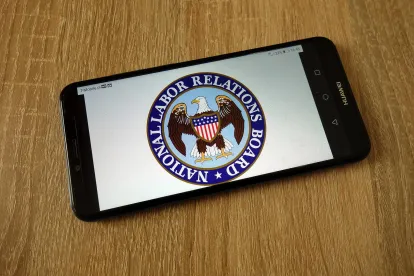The National Labor Relations Board (the “Board”) issued another precedent-shifting decision, this time taking aim at provisions commonly included in severance agreements. In McLaren McComb, an employer now violates Section 8(a)(1) of the National Labor Relations Act (“the Act”) when it merely “proffers” a severance agreement that conditions severance benefits on the waiver or restriction of an employee’s exercise of his or her rights afforded by the Act, including broadly written provisions prohibiting the employee from disparaging the employer or disclosing the terms of the agreement.
In its decision, the Board reasoned that a broad non-disparagement provision in a severance agreement is unlawful because “public statements by employees about the workplace are central to the exercise of employee rights under the Act.” Section 7 of the Act provides protections for employees who communicate with a wide variety of third parties (including on social media) regarding terms and conditions of employment, an ongoing labor dispute, and even former supervisors and coworkers. Thus, the Board reasoned, that conditioning receipt of severance benefits on acceptance of a non-disparagement provision has a chilling tendency on workers’ ability to communicate to improve the terms and conditions of their employment and, thus, constitutes a violation of the Act. The Board similarly reasoned that provisions that prohibit disclosure of the agreement’s terms “to any third person” are unlawful because of their chilling effect on the exercise of an employee’s Section 7 rights.
While the Act applies to all employers – even those without a unionized workforce –employers still have opportunities to protect themselves. For example, the decision does not apply to employees who are excluded from the Act’s coverage, including supervisors. The ruling also does not grant employees carte blanche to say whatever they want. Rather, the Board placed limitations on its ruling, stating that “employee critique of employer policy pursuant to the clear right under the Act to publicize labor disputes is subject only to the requirement that employees’ communications not be so disloyal, reckless, or maliciously untrue.”




 />i
/>i
